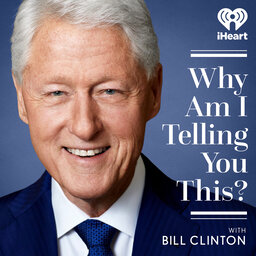Dolores Huerta: How to Lead a Movement
Throughout American history, progress has never come easily, as we’ve been reminded repeatedly over the last few years. It requires hard work, persistence, and passionate individuals banding together to support causes they believe in. Few people know that better than Dolores Huerta, the trailblazing civil rights and labor movement leader who helped farm workers find their voice and power by organizing a strike and boycott among California grape workers in the 1960s in response to horrific working and living conditions. Despite violent backlash, the workers’ steadfast determination over the next five years resulted in health benefits, higher wages, and better, safer living and working conditions.
Sixty years ago, along with Cesar Chavez, Huerta formed the National Farm Workers Association—which later became what is currently America’s most enduring agricultural union, the United Farm Workers. As a direct result of her leadership in the American Labor Movement, countless people have been able to better support themselves and their families and have earned the treatment of respect and dignity they deserve. She has remained on the front lines of nearly every progressive social movement since.
On this episode, Huerta shares with President Clinton her remarkable life story, the experiences she had as a young person that shaped her into a trailblazing activist, and how today—at 92 years old—she still has the motivation and commitment to make a positive difference on women's rights, immigrant rights, labor rights, voting rights, and civil rights through the Dolores Huerta Foundation.
In 1 playlist(s)
Why Am I Telling You This? with Bill Clinton
President Bill Clinton has always been known for his ability to explain complex issues in a way that…Social links
Follow podcast
Recent clips

Prime Minister Tony Blair: How to Define Our Interdependence
47:36

President Bill Clinton: Reinstate the Assault Weapons Ban Now
08:00

Dr. Jill Biden and Hillary Clinton: How Community Colleges Can Build A Modern Workforce
26:00
 Why Am I Telling You This? with Bill Clinton
Why Am I Telling You This? with Bill Clinton